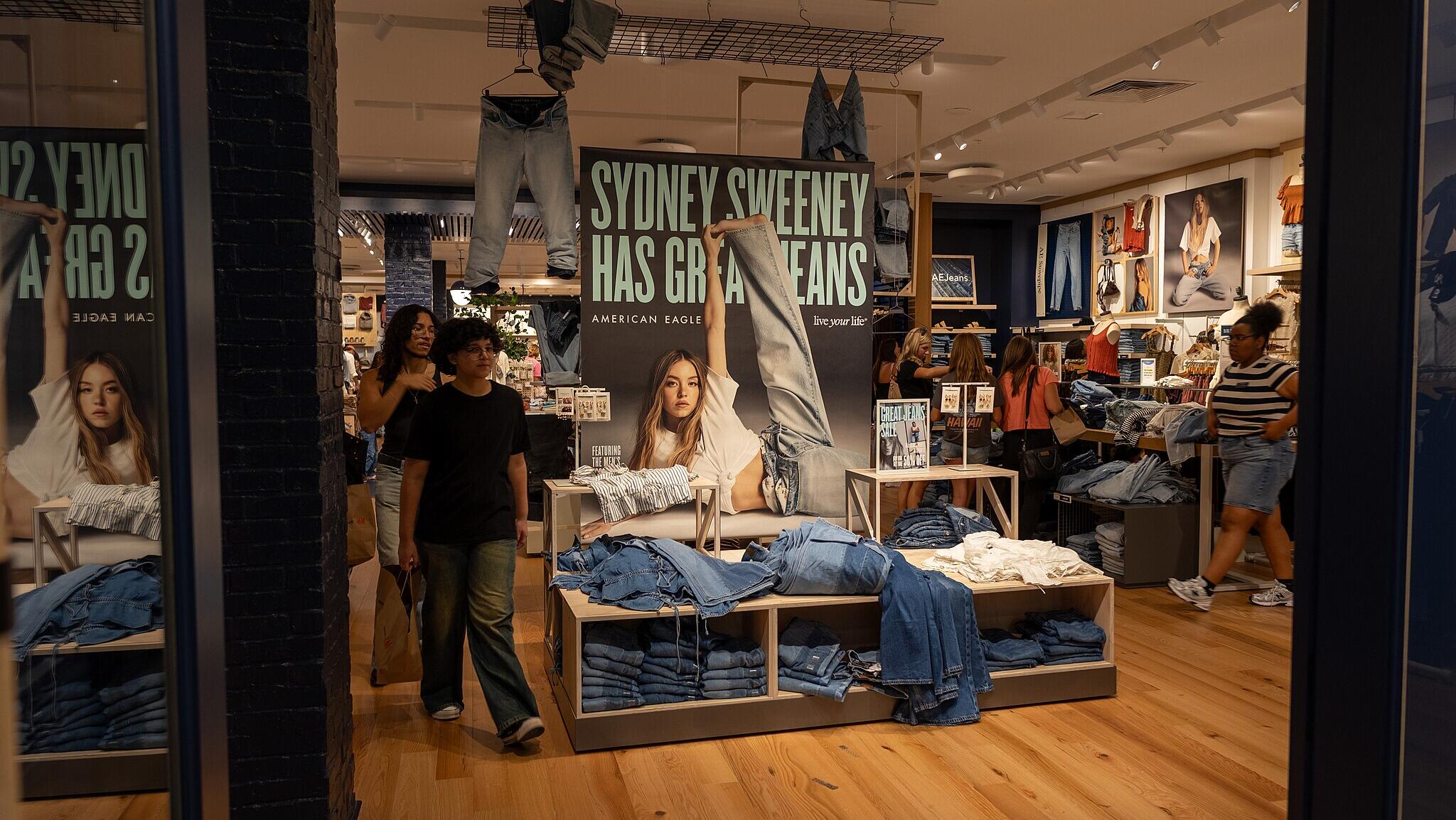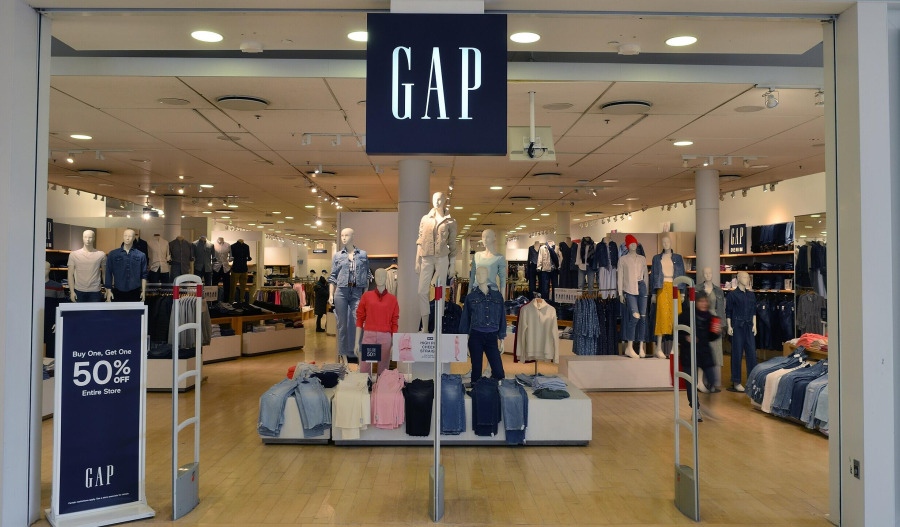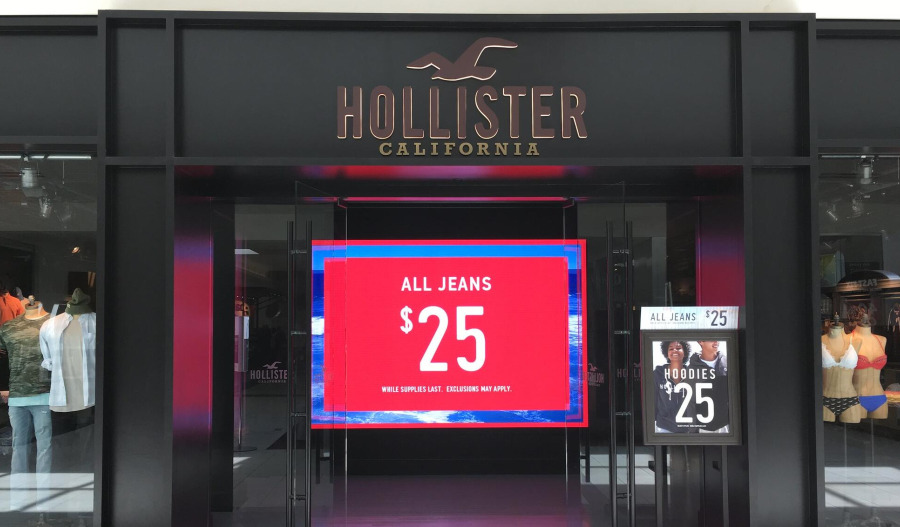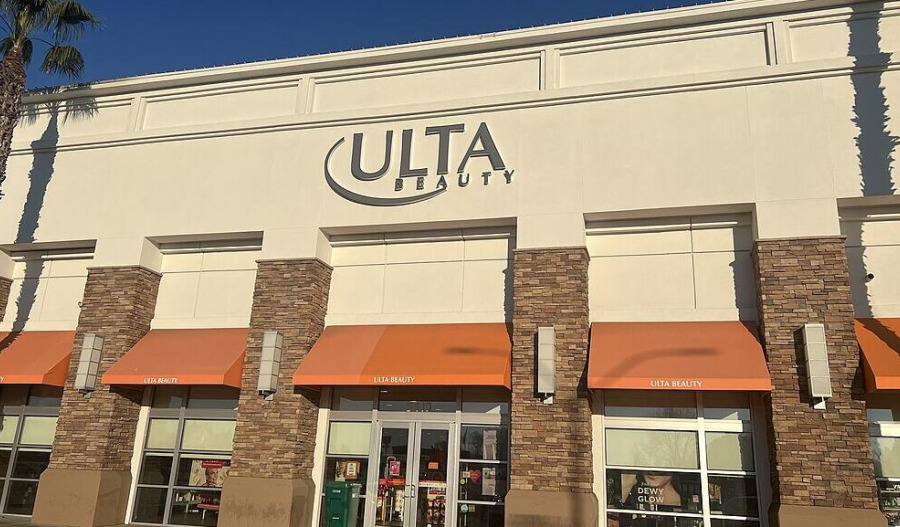American Eagle stocks soared more than 20% following their second-quarter earnings release, with the retailer attributing their success to recent celebrity endorsements.
The company smashed Wall Street estimates following its controversial “good jeans” marketing campaign with Euphoria actress Sydney Sweeney and its recent partnership with Taylor Swift’s fiancé, Travis Kelce, just days after the engagement.
“The fall season is off to a positive start. Fuelled by stronger product offerings and the success of recent marketing campaigns with Sydney Sweeney and Travis Kelce, we have seen an uptick in customer awareness, engagement and comparable sales,” CEO Jay Schottenstein said in a news release.
“We look forward to building on our progress and the continued strength of our iconic brands to drive higher profitability, long-term growth and shareholder value.”
According to the company, the Sweeney campaign alongside the Kelce collaboration led to “meaningful improvement with the business” and 700,000 new customers across all channels.
This comes in spite of the “Sydney Sweeney has great jeans” slogan, leading some critics on the left to say it was a double entendre and nod to eugenics. Those on the right celebrate the campaign with President Donald Trump, calling the ad “fantastic”.
This comes after American Eagle’s performance this year has been marred by merchandising missteps, tariffs and uncertainty, with consumers being more picky with where they spend their money.
Revenue came to US$1.28 billion, which is higher than the US$1.24 billion Wall Street expected but down 1% from US$1.29 billion the same time last year.
The company’s reported net income for the three-month period that ended Aug. 2 was $77.6 million, or 45 cents per share, compared with $77.3 million, or 39 cents per share, a year earlier. American Eagle was expected to report 21 cents per share.
Despite exceeding expectations in the second quarter, the clothing brand has lowered its full-year operating income guidance to be between $255 million and $265 million, down from a previous range of between $360 million and $375 million, due to the brunt of tariff impact.



